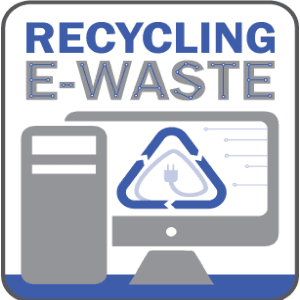Duke Foods announced in January that the company’s director of research and development, Collin Wolhar, has become a certified food scientist. He joins, according to Duke Foods, fewer than 3,000 on the planet.
But what is food science, and why does Duke Foods have a food scientist?
The Institute for Food Technology, a professional organization for food scientists, defines it as an interdisciplinary field that serves “to better understand food processes and improve food products for the general public.”
“I’m supposed to take this overarching knowledge from microbiology to food chemistry to food engineering and apply that to the creation of new food products or altering current food products,” Wolhar says.
Having a food scientist at a manufacturer like Duke Foods helps the business be more efficient, says Paul Dawson, a professor of food science at Clemson University.
“Knowing why things are occurring and how to solve them, you really need to know the science behind [food] in order to solve the problem, whether it’s a microbiology problem … to just a quality problem,” Dawson says.
The role the food scientist plays can vary, say both Wolhar and Dawson.
On an average day at Duke Foods, Wolhar may have his hand in projects that include the sales department to the company’s production department. He might be working on a new product for the company or reverse-engineering a product made elsewhere.
View this post on InstagramA post shared by Duke Foods (@dukefoods) on Jan 7, 2020 at 6:00am PST
While the company has its own line of foods, it also makes private-label food products that you can find in your local grocery store. For those private-label products, companies either come to Duke Foods or Duke Foods goes to the company asking to bid on the product.
“Oftentimes we have a customer that says, ‘We really like our competitor’s product. If you can match it at this price, then we’ll give you the business,’” Wolhar says. For example, if a company wants Duke Foods to create its rival’s spinach-artichoke dip, since recipes can’t be patented, Wolhar can take the rival’s dip and work to match it. To do that can be tricky.
Wolhar begins by getting the rival’s dip. Then, he reads the ingredient statement and toys with the recipe until the customer is happy.
“You make it five, 10, 1,000 times until the customer finally agrees that it’s a match,” Wolhar says.
He also provides answers to intimate questions about food products, like the science behind why a use-by date was chosen or the specific amount of a certain ingredient.
As for why Duke Foods supported him becoming certified, Wolhar says that it allows the company to “walk the walk and talk the talk.”
“We’re continuing to grow, and we want to come out as top dog of the industry,” he says. The certificate allows customers to have more confidence in them.
To earn the certificate in food science, which is awarded by the Institute of Food Technology, food scientists need to have a solid background in the field — a mixture of education and work experience — and pass an exam.
The exam covers a ton of topics from food chemistry to food production knowledge. Wolhar says questions like “Which one of these is an example of an artificial sweetener? Or … you’re working on a bakery product and it’s turning brown. Here are the ingredients, which ingredients might be causing the browning?” can be found on the exam.
Overall, food science is a decent industry to be in, he says.
“There’s no shortage of people wanting products. I mean food is often a recession-proof industry,” Wolhar explains. “People are always gonna want to eat.”
The post Duke Foods director becomes certified food scientist appeared first on UPSTATE BUSINESS JOURNAL.






